Keywords: Jesuit Social Services
-
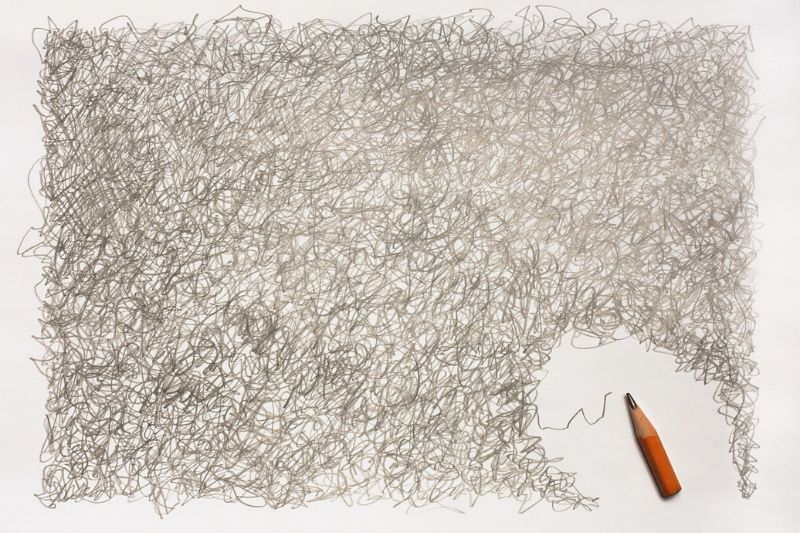
AUSTRALIA
- David Halliday, Michael McVeigh, Laura Kings, Michele Frankeni, Andrew Hamilton, Julian Butler
- 18 December 2024
To close the year for Eureka Street, the editorial team are taking a step back to reflect on the character of 2024. What did it demand of us? What did it teach us about ourselves, and the world we inhabit?
READ MORE
-

AUSTRALIA
- Andrew Hamilton
- 16 December 2024
At Christmas, the sacred and the secular seem locked together. Amid the tinsel and toasts, there’s a deeper narrative: one of radical generosity, shared humanity, and solidarity with the marginalised. This season invites not just celebration but reflection on who we are—and who we might become.
READ MORE
-

AUSTRALIA
- Andrew Hamilton
- 12 December 2024
The firebombing of Melbourne's Adass Israel Synagogue is a profound tragedy, reflecting the weight of historical hatred and contemporary tensions. Amid global grief and anger, this act of antisemitism compels us to reflect on the shared humanity of all people and the urgent need for peace, understanding, and ethical leadership.
READ MORE
-

AUSTRALIA
- Andrew Hamilton
- 04 December 2024
Australia’s recent immigration detention laws reveal a stark shift in governance, prioritising power over human dignity. As families face indefinite separation and bureaucrats enforce policies with brutal efficiency, the High Court's rebuke offers a glimmer of ethical resistance. But can such laws truly claim legitimacy in a democratic society?
READ MORE
-
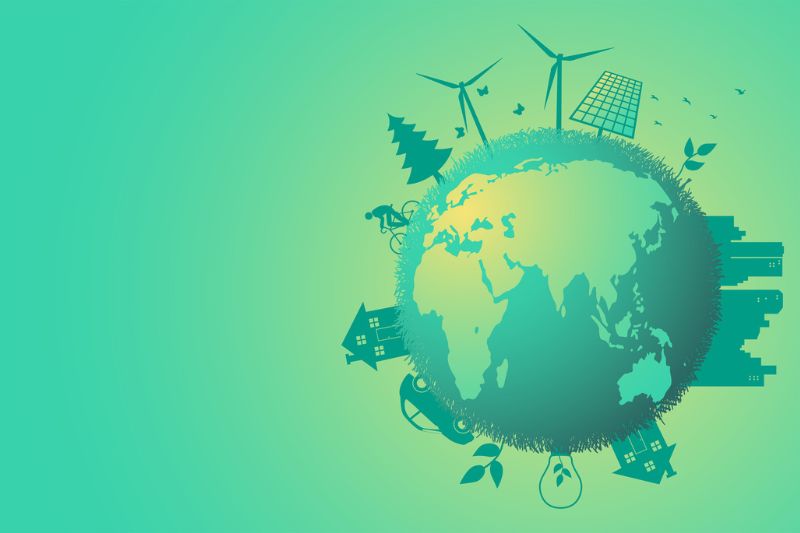
ENVIRONMENT
- David Ness
- 28 November 2024
2 Comments
As the climate crisis deepens, there's an urgent need for a global shift toward fairness, equity, and living well within our planet’s limits. Drawing from Pope Francis’s Laudato Si’, sufficiency thinking offers a critical, overlooked pathway to global equity and sustainability.
READ MORE
-
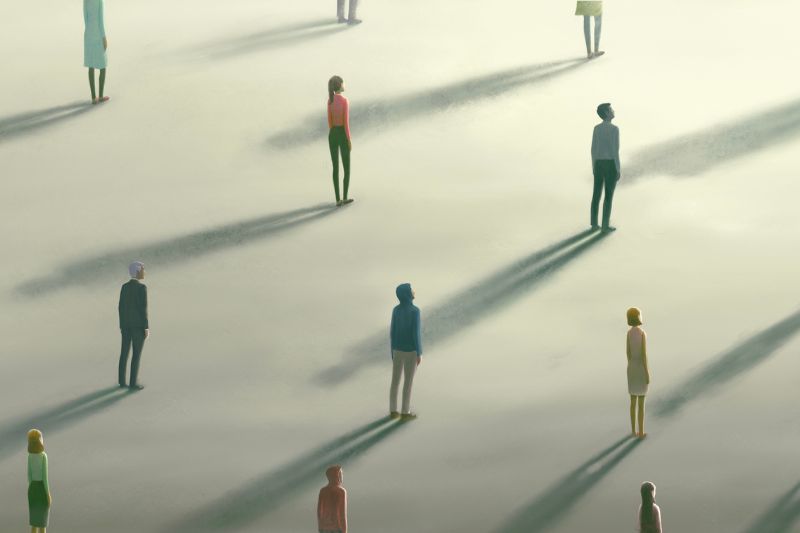
AUSTRALIA
- Andrew Hamilton
- 25 November 2024
4 Comments
Social Inclusion Week invites reflection on our shared humanity amidst deep divides. From childhood cliques to culture wars, the tension between inclusion and exclusion is a paradox rooted in belonging. Can we overcome fear and forge connections across difference, or will anxiety keep us apart? The answer shapes our society’s future.
READ MORE
-
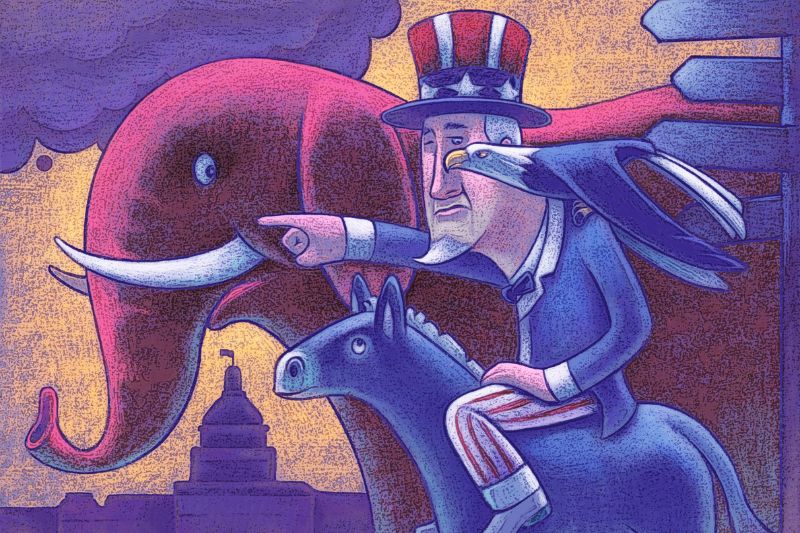
INTERNATIONAL
- Andrew Hamilton
- 21 November 2024
5 Comments
As Australia watches the U.S. navigate its Trump-era transition, we wait in uncertainty. Any interregnum period is a time for rethinking, for wondering about our own nation, and not just for focusing on another. It is a time to rethink what we have taken granted about what is for the good of Australian society.
READ MORE
-
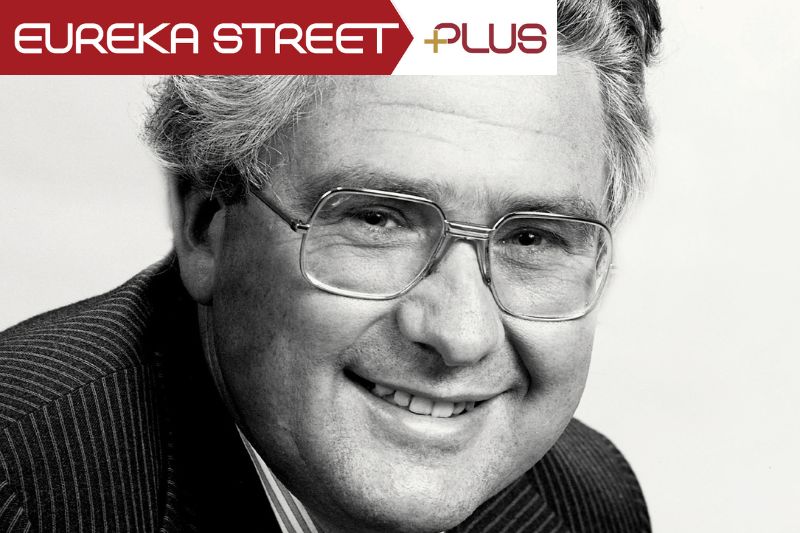
AUSTRALIA
- Andrew Hamilton
- 08 November 2024
1 Comment
The story of Race Mathews’ career will be an antidote to despair about politics and politicians. It underlines the possibilities of politics, showing how it can be more than a job or a career. It can be a calling to imagine a more just society and ways of building it.
READ MORE 
-

AUSTRALIA
- Andrew Hamilton
- 30 October 2024
2 Comments
The traditions of All Saints Day and All Souls Day invite a rare reflection on death — a topic largely sidelined in contemporary Australia. Amid global events and various cultural spectacles, these days offer a quiet reminder to consider how we honour the dead and what that reveals about our values.
READ MORE
-

INTERNATIONAL
- Andrew Hamilton
- 23 October 2024
3 Comments
In the spirit of Spring Racing, the United Nations promotes its own high-stakes race: World Disarmament Week and United Nations Day. Despite heavy odds and the relentless rise of nuclear threats, these efforts remain crucial for global peace. Can the underdog of diplomacy prevail in the face of overwhelming opposition?
READ MORE
-
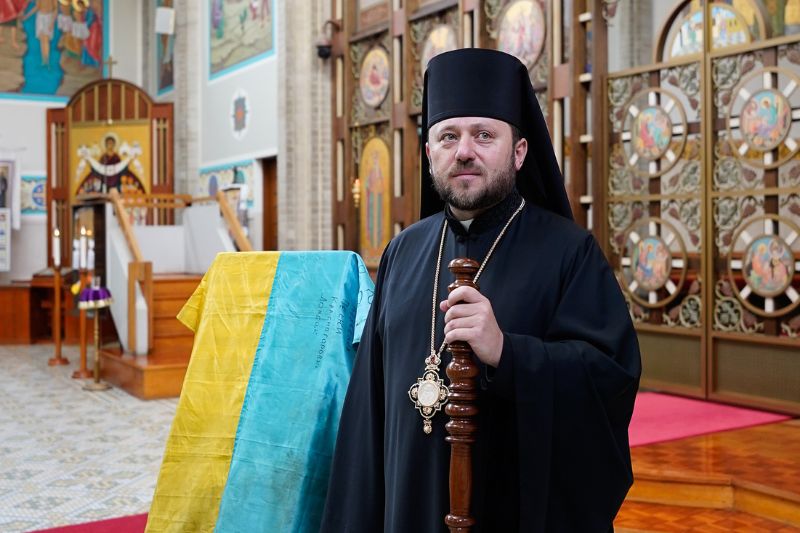
RELIGION
- Andrew Hamilton
- 14 October 2024
25 Comments
The recent appointment of Mikola Bychok as Cardinal caught many Australians off guard. Few are familiar with the Ukrainian Catholic Bishop from Melbourne, and his elevation challenges conventional notions of national identity, prompting reflection on who we consider 'one of us' and highlighting the Ukrainian community in Australia.
READ MORE
-
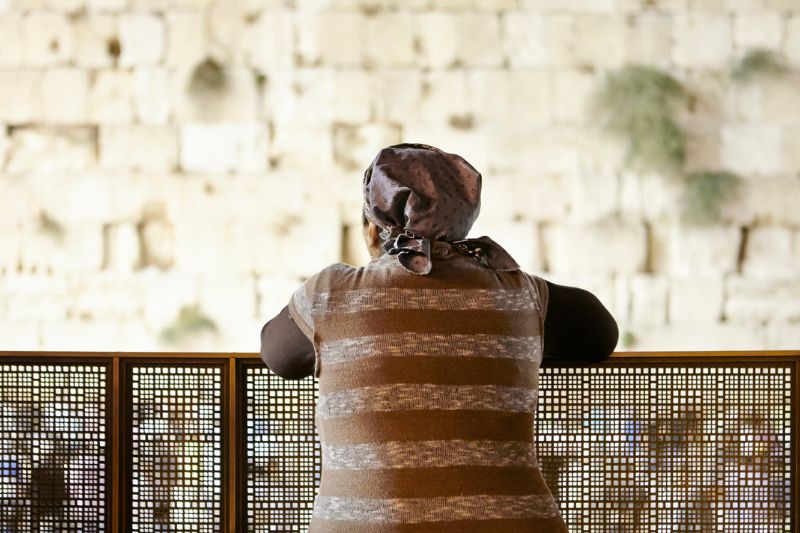
INTERNATIONAL
- Andrew Hamilton
- 09 October 2024
4 Comments
War breeds division far beyond the battlefield, fueling hatred and resentment across societies, and the conflict in Gaza has reignited long-standing animosities. As Yom Kippur approaches, its themes of repentance and forgiveness urge us to recognize the humanity in both the victims and perpetrators of conflict.
READ MORE